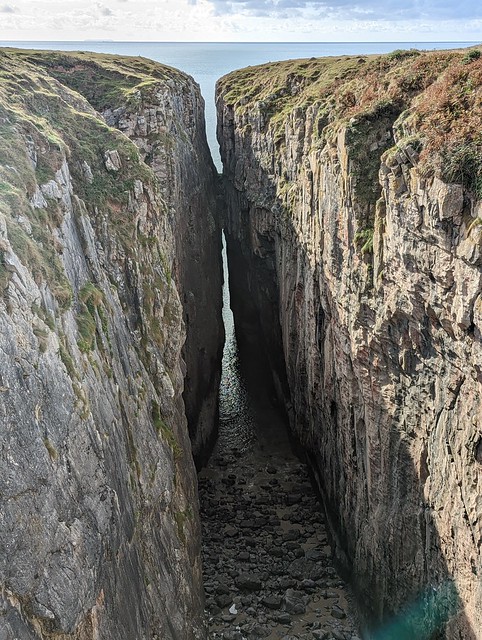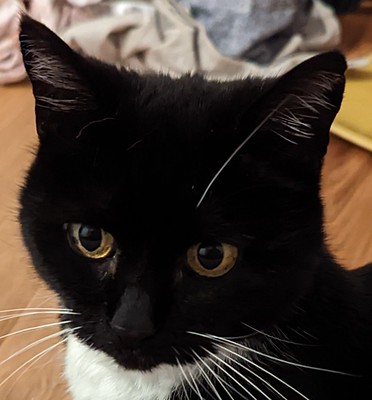 I read Heroes first; and then Best Served Cold. And for whatever reason, I assumed that was the order they were written in. So I was confused when Caul Shivers was two-eyed. But I decided that perhaps fantasy doesn't have to be totally self-consistent across books, and even decided I quite liked that. Then he got tortured and lost an eye and I realised I had them the wrong way round. Never mind. Except, in arrears, I'm now slightly disappointed that CS doesn't get more development in Heroes; he is rather a background character there.
I read Heroes first; and then Best Served Cold. And for whatever reason, I assumed that was the order they were written in. So I was confused when Caul Shivers was two-eyed. But I decided that perhaps fantasy doesn't have to be totally self-consistent across books, and even decided I quite liked that. Then he got tortured and lost an eye and I realised I had them the wrong way round. Never mind. Except, in arrears, I'm now slightly disappointed that CS doesn't get more development in Heroes; he is rather a background character there.But overall, I greatly enjoyed both of these. They are set in the same "First Law" world as... ah yes, The Blade Itself, which I also read. I enjoyed that too, but got slightly sick of it towards the end and so avoided any sequels for a while; and then got hooked again. They are both quite long, possibly just a little too long, but both good. In that they have a decent story, and the characters are actually thinking.
Also, they are both funny; not constantly, but enough as light relief.
I should pick a nit, for the sake of form: In Heroes, Bayaz or his assistants are developing cannon-and-gunpowder. They drag into the depths of the wilderness three large heavy cannon, and manage to get a few not-very-useful shots off before they inevitably break down. But think - in stark contrast to Bayaz -, how much more useful that gunpowder would have been as grenades at the battle for the bridges.
